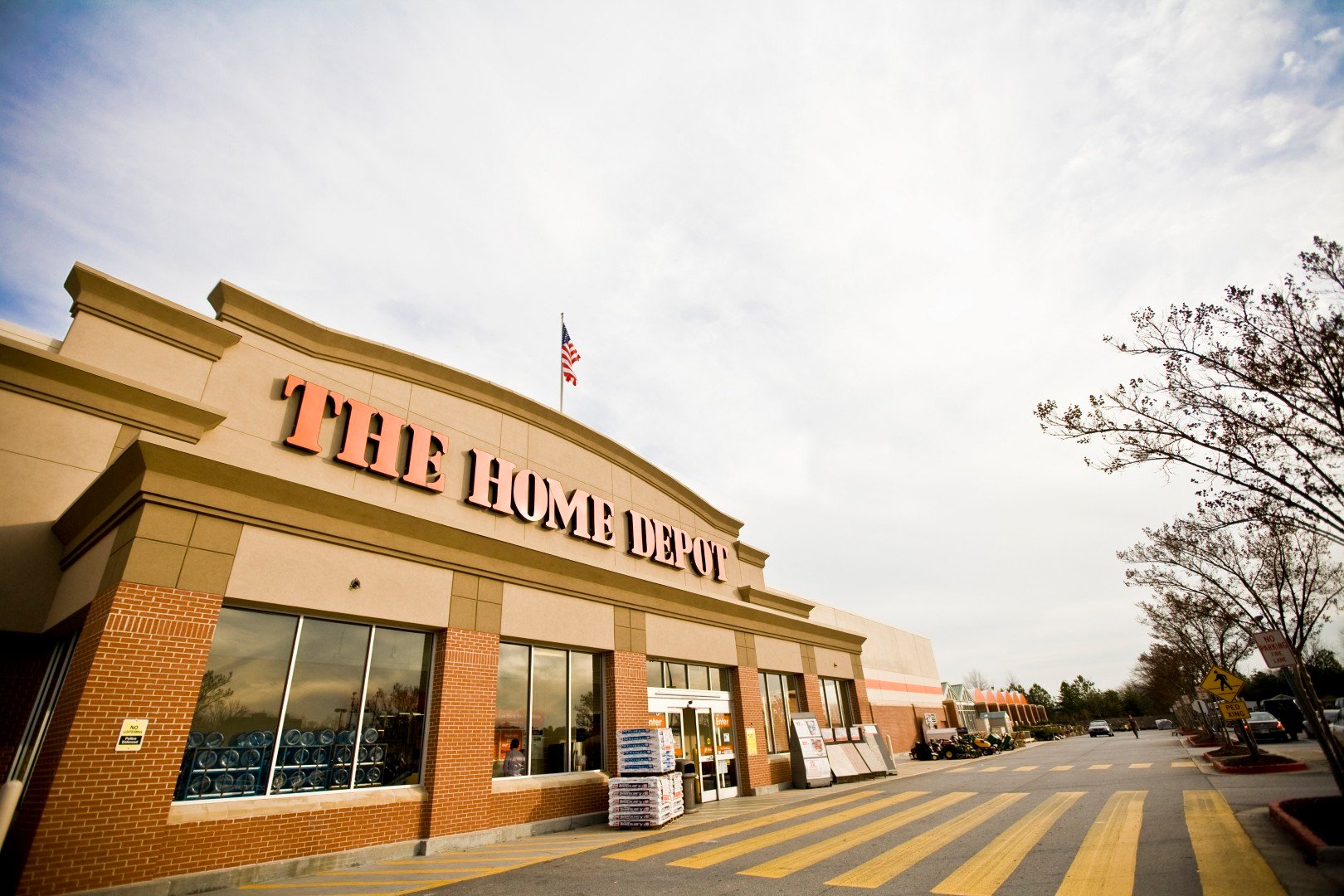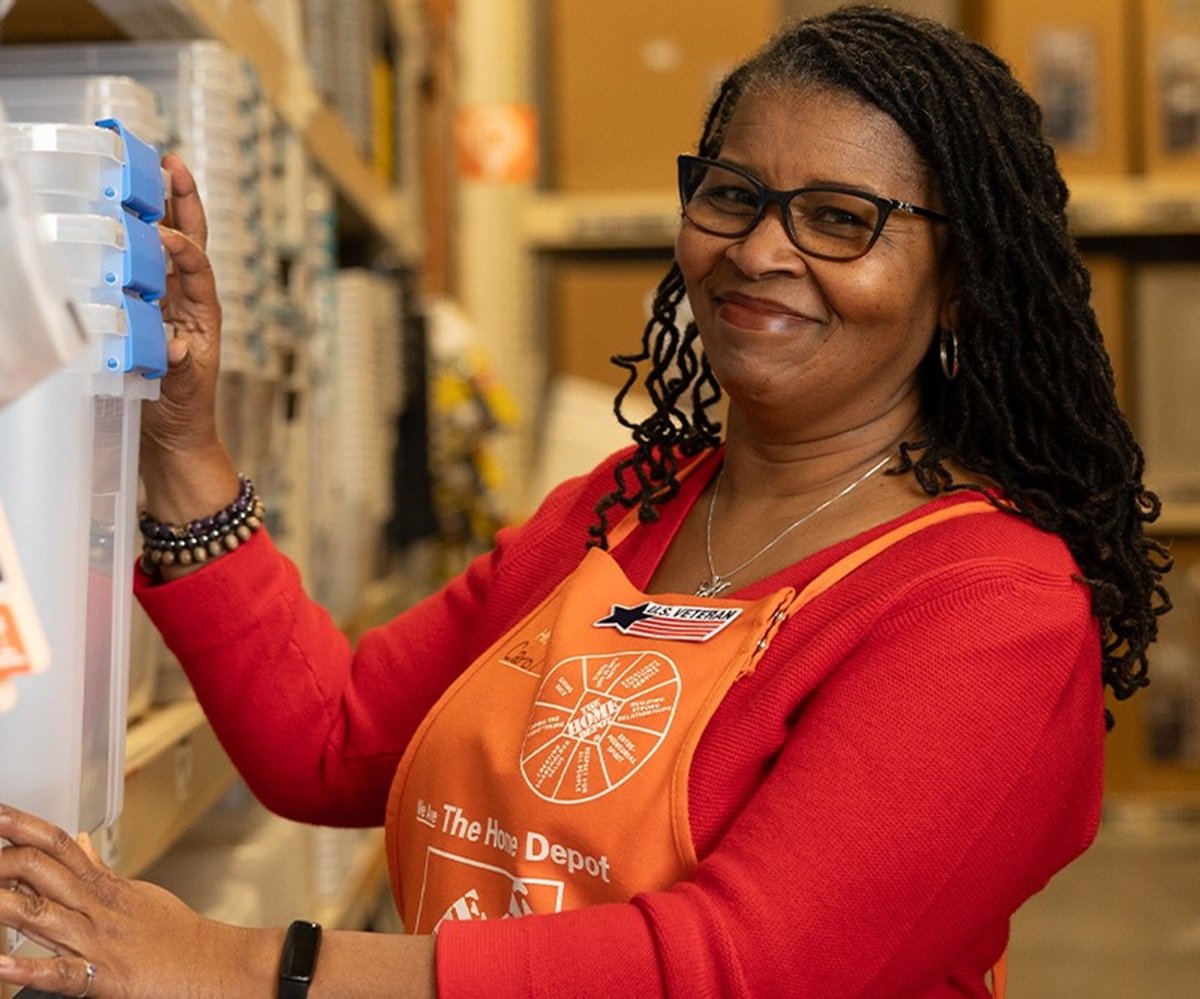Like the Ghost of Christmas Past, the reign of Bob Nardelli as Home Depot's (HD +1.12%) chief executive officer was a painful, expensive specter best forgotten by its employees and shareholders. But for the workers and stock owners of Sears Holding (SHLD +0.00%), Chairman Eddie Lampert continues to haunt the collapsing retailer for Christmas Present and what looks to be Christmas Future, too. The way that each executive treated employees weakened the fundamental strength of each company, to the ultimate detriment of both the shareholders and the employees.
Poor customer service results in losses
To save money, both Nardelli and Lampert instituted cost-cutting measures with workers that backfired. Nardelli replaced thousands of full-time employees with part-time workers to save on benefits and other compensation costs. Lampert has done the same at Sears at Kmart. Neither strategy worked. Buyers left Home Depot and Sears due to poor customer service: Home Depot's board fired Nardelli, and Lampert was selected as the "Worst CEO" by Marketwatch in 2007, even though he is technically the chairman of Sears Holding.
Kenmore is just one chapter
While the share price of Sears Holding under the rule of Lampert tells a tale of woe, the saga of its Kenmore Appliance segment is certainly its own instructive chapter in the decline of the once proud retailer. Kenmore Appliances is considered to be one of the "jewels" of Sears Holdings, along with Craftsman tools and Diehard motor vehicle batteries. But over the last decade, Sears' share of the home appliance market has fallen from 40% to 31%.
Although hardly a scientific survey, a quick Google search of "Kenmore appliance customer service horrible" brings up 2,030,000 results. As one starts off, "Is it just me or has the quality of Kenmore large appliances gone downhill?" The declining customer service for Kenmore appliances due to the cutbacks imposed by Lampert draws plenty of fire, having its own Blogspot page, allowing for grievances to be aired on the Internet. With a one-quarter fall in its market share for appliances over the last decade, it does not appear as if those concerns are isolated!
Sears already admitted defeat when it pursued opportunities to sell Kenmore, Craftsman, and Diehard products through other retailers. It is far more lucrative for these items to be offered only at Sears stores, but the foot traffic was not there. Selling its house brands through other venues is yet another admission of the defeat of the Lampert business model for Sears as it further weakens its core.
No recovery from the Great Recession
These losses of market share obviously show up in the share-price performance of Sears. As the chart below shows, companies in the business sector of Kenmore appliances, Craftsman tools, and Diehard batteries such as Wal-Mart (WMT +0.18%), Lowe's (LOW +0.60%), and Ford Motors (F 2.63%) have all rebounded sharply since the nadir of the Great Recession in early 2009. Not so for Sears, which has fallen from over $50 a share to under $40. 
As the table below reveals, even with the reverse in the housing and automobile sectors, which has helped spur greater sales of appliances, tools, and car batteries, Sears has not rebounded like competitors such as Lowe's, Home Depot, and Wal-Mart. Ironically, it has been Home Depot that has led to falling sales of Kenmore appliances for Sears by increasing the brands available, offering free shipping for customers, , and expanding the space in the store for appliances.
Earnings-per-share and sales growth for Sears has lagged behind those companies that have recovered from the Great Recession. EPS growth and sales growth for Sears is also far beneath the industry average.
|
Metric |
Sears Holding |
Home Depot |
Wal-Mart |
Lowe's |
Ford |
Industry Average |
|---|---|---|---|---|---|---|
|
5-Year Sales Growth Rate |
(4.75%) |
(1.65%) |
4.12% |
1.36% |
(3.17%) |
(1.50%) |
|
5-Year EPS Growth Rate |
(37.39%) |
6.81% |
9.24% |
(3.28%) |
6.66% |
(5.98%) |
Source: The Motley Fool CAPs and Finviz.
For the Fool to avoid
The stock of Sears Holding is dominated by Eddie Lampert, the largest shareholder. Unlike Nardelli, he will not be fired. Press reports of Lampert taking the company private early in 2012, and then his heavy insider buying of $126 million worth of the stock later in the year, took the share price higher. But it has fallen since, down 30.70% for the quarter as sales and EPS growth continue to plunge.
This is a stock to avoid, as the fundamentals are terrible. The possibility of Lampert taking Sears Holding private or buying large blocks of stock makes it a risky short, even though the company is in horrible shape and performing poorly, with predictions of its further decline.






